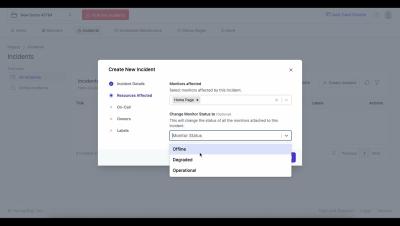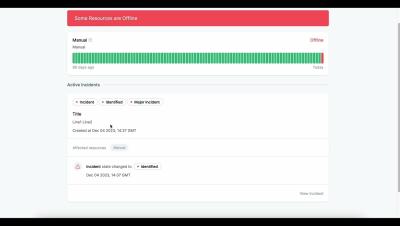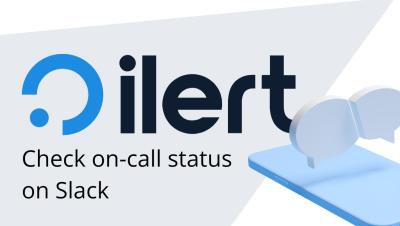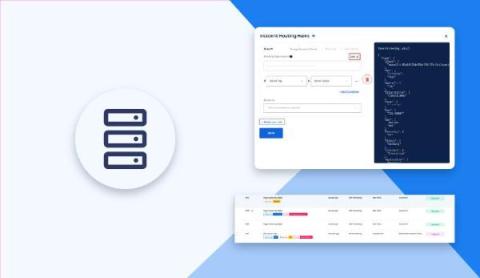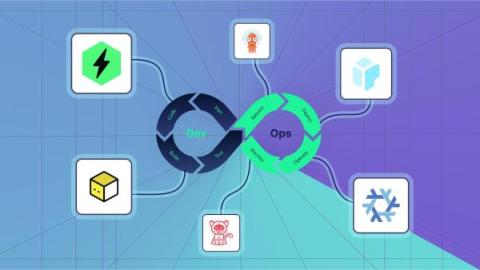Events vs. Alerts vs. Incidents
Event. Alert. Incident. These terms are bandied about, often interchangeably, in IT operations management. Broadly speaking, they all refer to situations where something is potentially amiss and needs to be investigated and resolved. Each of these three words does, however, have a distinct definition. Because they are used in scenarios where clear communication and timeliness are critical, it’s important to understand the differences and use them appropriately.



